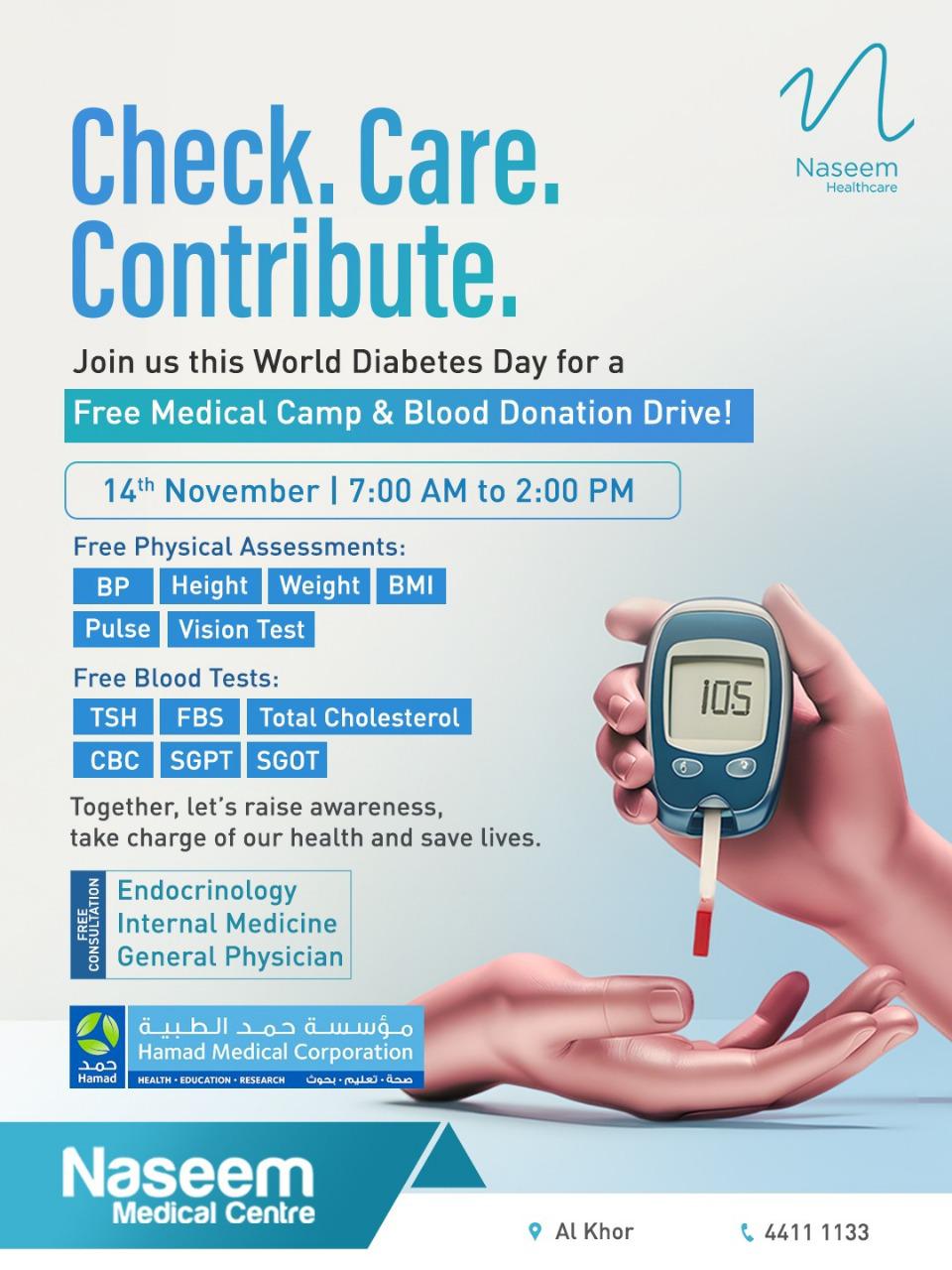







While diabetes is often spoken about as a single condition, Type 1 and Type 2 diabetes are fundamentally different in how they develop and how they affect individuals. Understanding these differences is vital for improving public awareness and enhancing early diagnosis.
Type 1 diabetes is an autoimmune condition in which the body stops producing insulin. It commonly develops in childhood or early adulthood, but can occur at any age. Symptoms often appear suddenly, including excessive thirst, frequent urination, weight loss, and fatigue. People with Type 1 diabetes require lifelong insulin therapy.
Type 2
diabetes, on the other hand, is far more common and is largely influenced by
lifestyle factors. It occurs when the body becomes resistant to insulin or does
not use it effectively. Unlike Type 1, symptoms may develop gradually and often
go unnoticed for years. Risk factors include obesity, lack of exercise, unhealthy
diet, age, and family history.
Despite their
differences, both types require timely diagnosis, regular monitoring, and
proper medical support. By improving understanding of these two forms of
diabetes, communities can better support early intervention, healthier choices,
and more effective treatment pathways.






